The modern Churchill cult is out of control, closing down debate and encouraging support for twenty-first-century wars. The wartime leader has become a household god for many, preserving an antiquated vision of Britain still shared by all three parties. Yet, was he anything more than a plump carp happy to swim in the foulest of ponds to defend the Empire?
Churchill himself never bothered to conceal his passionate defence of the British Empire or its attendant racism. On a more personal level, his complacent self-belief influenced his every step and frequently tripped him up. As the head of the British Navy during the First World War, he was responsible for a series of calamitous errors that cost thousands of lives. His attempt to crush the Irish nationalists left wounds that have yet to heal. His attacks on striking workers in Glasgow and Tonypandy, his posturing when calling in the army to burn two anarchists in London’s East End, his vicious propaganda during the General Strike were not forgotten or forgiven.
Even during the war against Germany, the most revered period of his career, Churchill’s crimes abroad continued, including the brutal assault on the Greek Resistance, the Bengal Famine that cost over 3 million Indian lives, the all-out assault on civilians in Dresden and Hamburg, and the insistence on the use of nuclear weapons in Japan. Postwar, he continued to cause harm in Iran and Kenya. His is a terrible record, amply documented in Tariq Ali’s indictment.
Tariq Ali is a novelist, journalist, and filmmaker. His many books include The Clash of Fundamentalisms: Crusades, Jihads and Modernity; Bush in Babylon: The Recolonization of Iraq; Conversations with Edward Said; Street Fighting Years: An Autobiography of the Sixties; and the novels of the Islam Quintet. He is the coauthor of On History: Tariq Ali and Oliver Stone in Conversation and an editor of the New Left Review, and he writes for the London Review of Books and the Guardian. Ali lives in London.
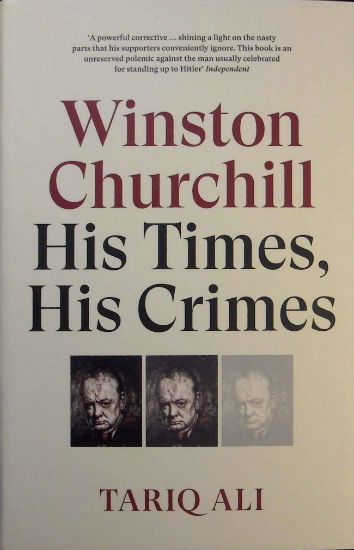
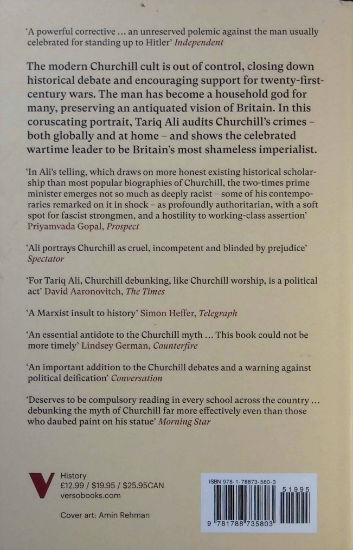
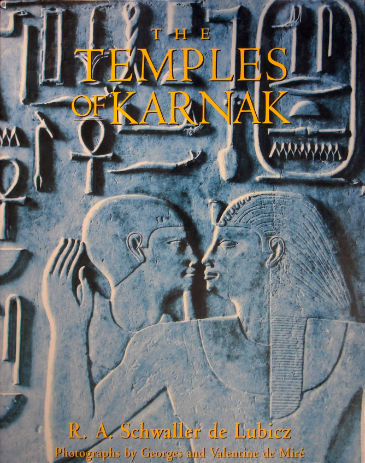
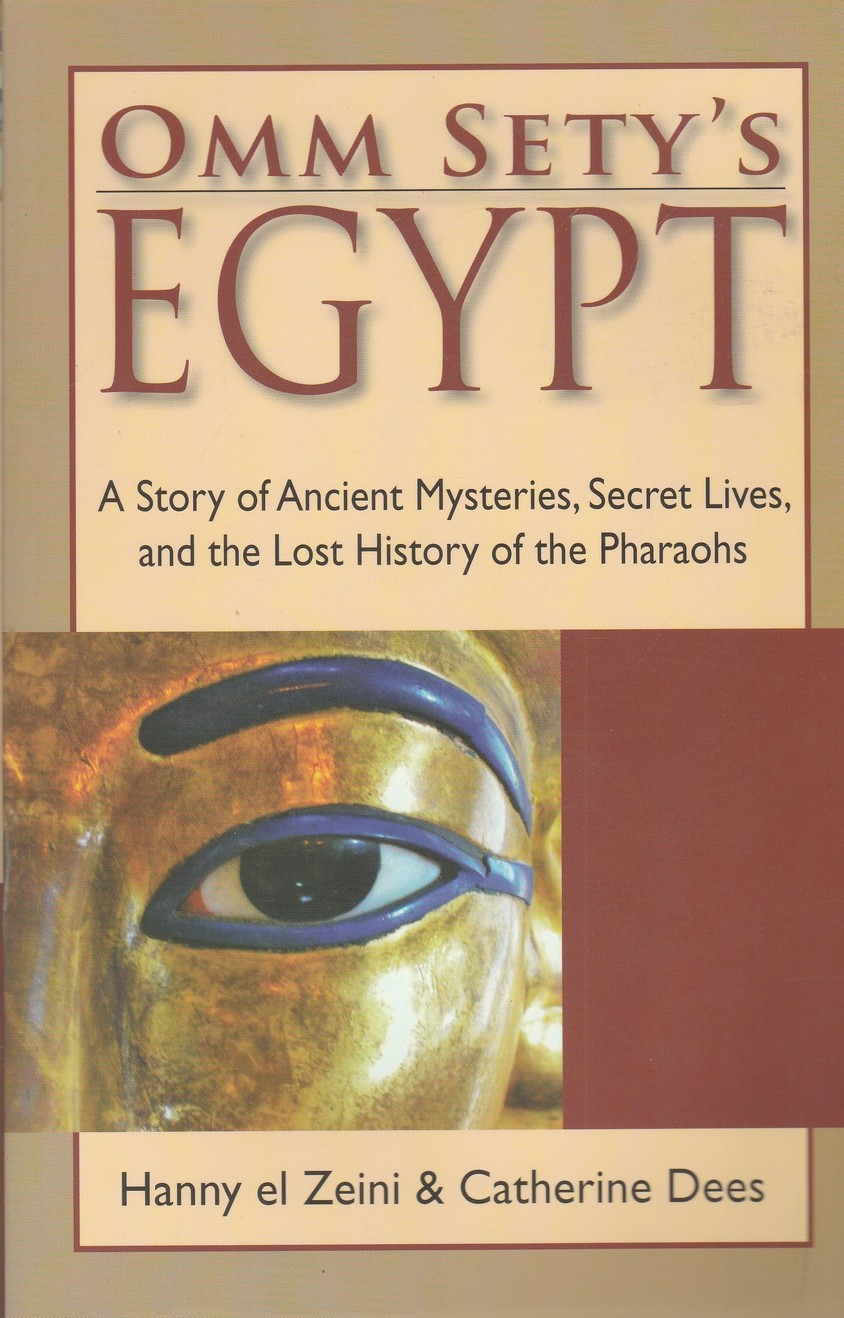
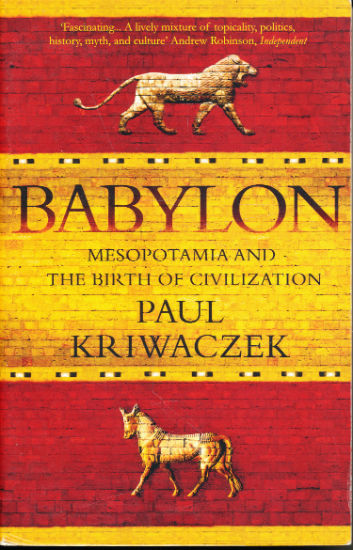
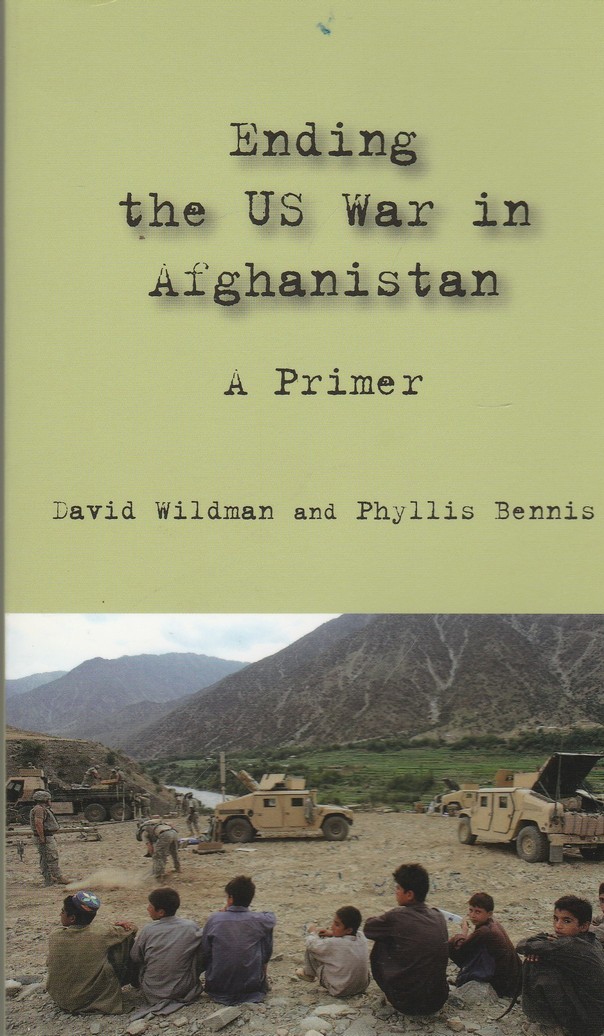
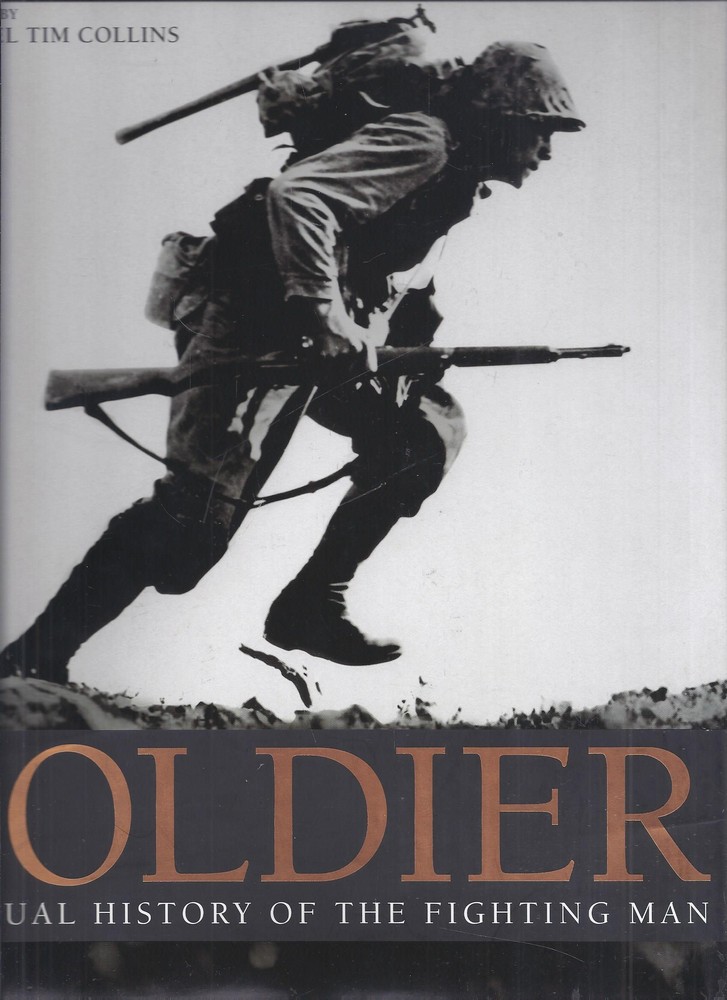
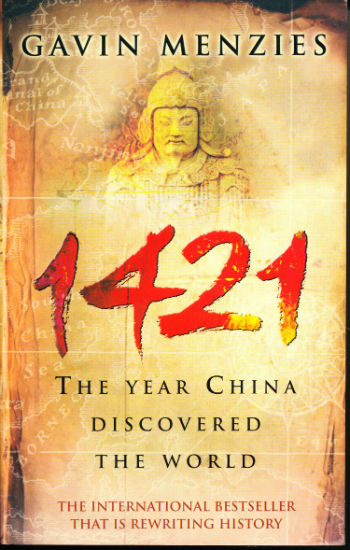
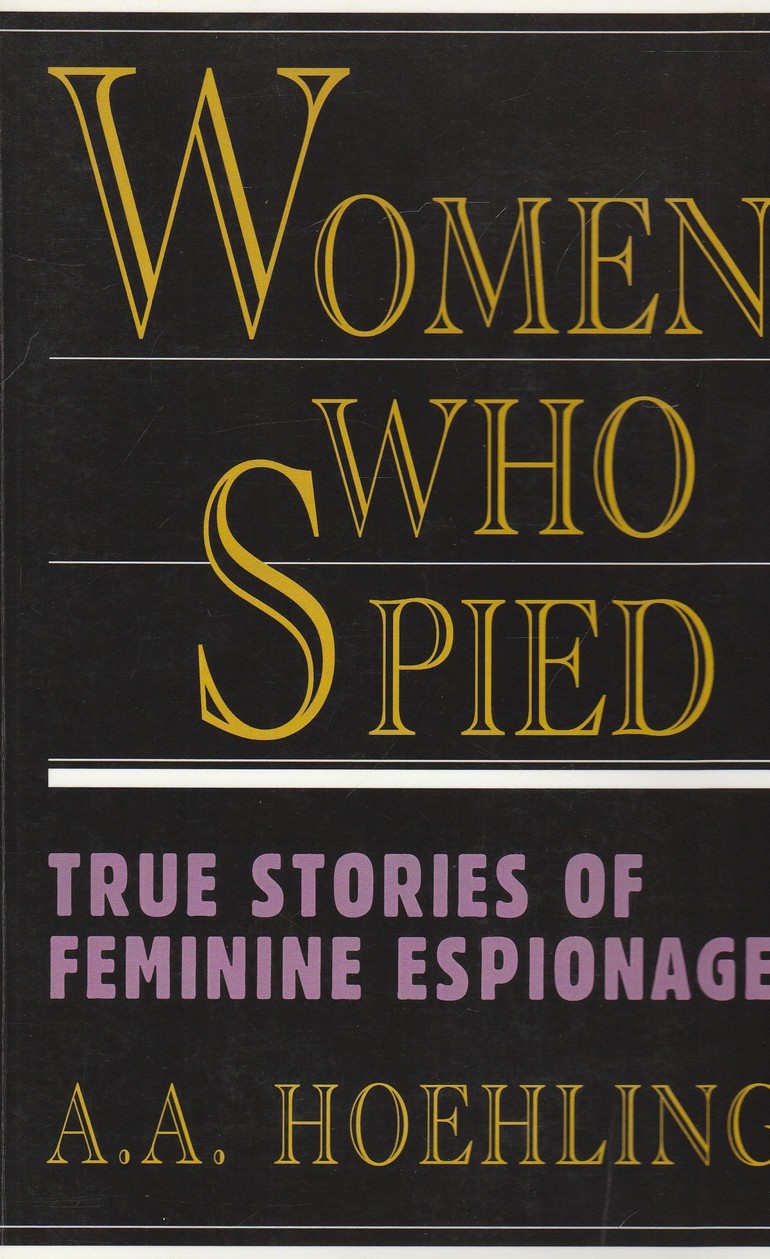
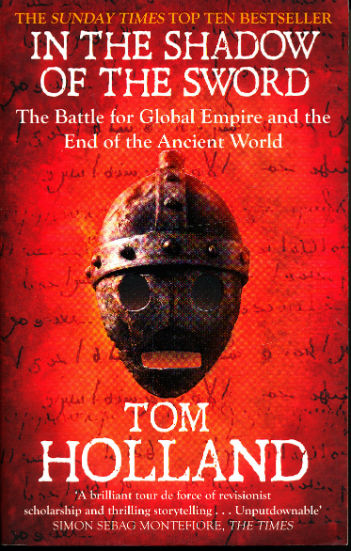
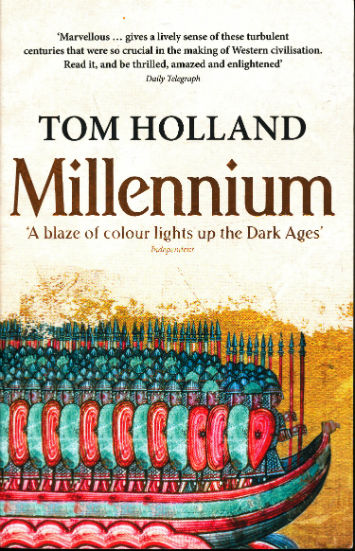
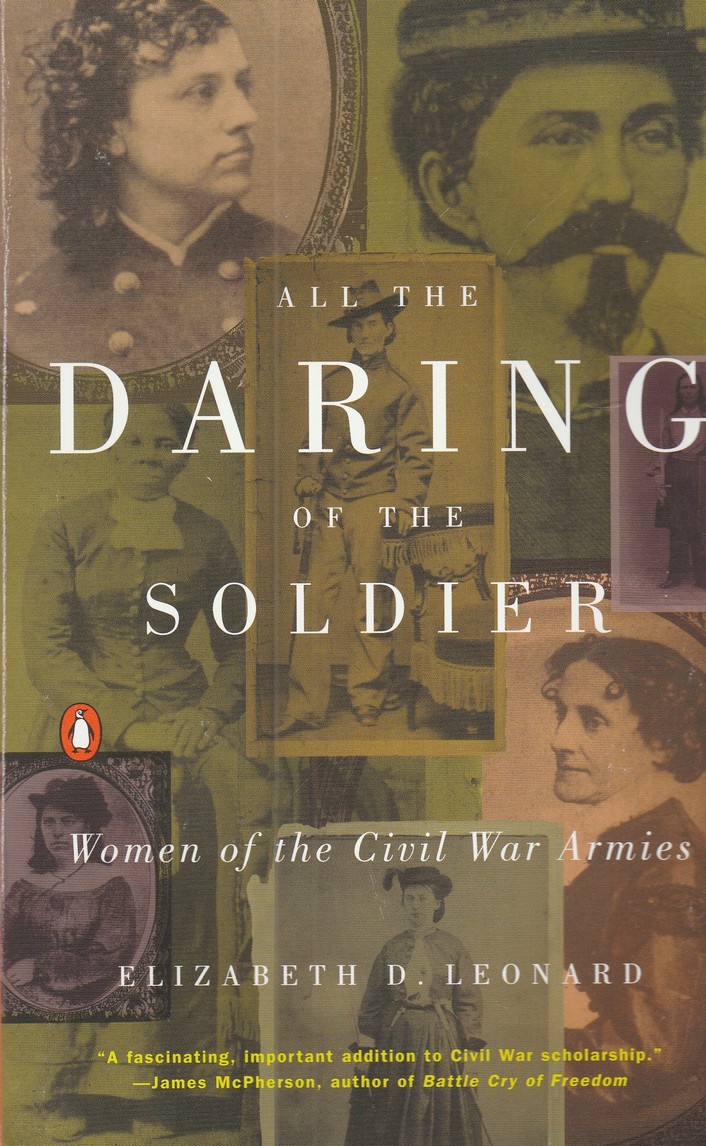
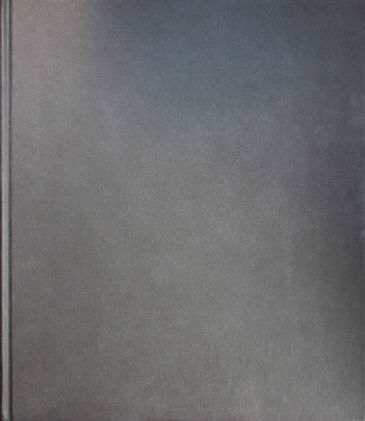
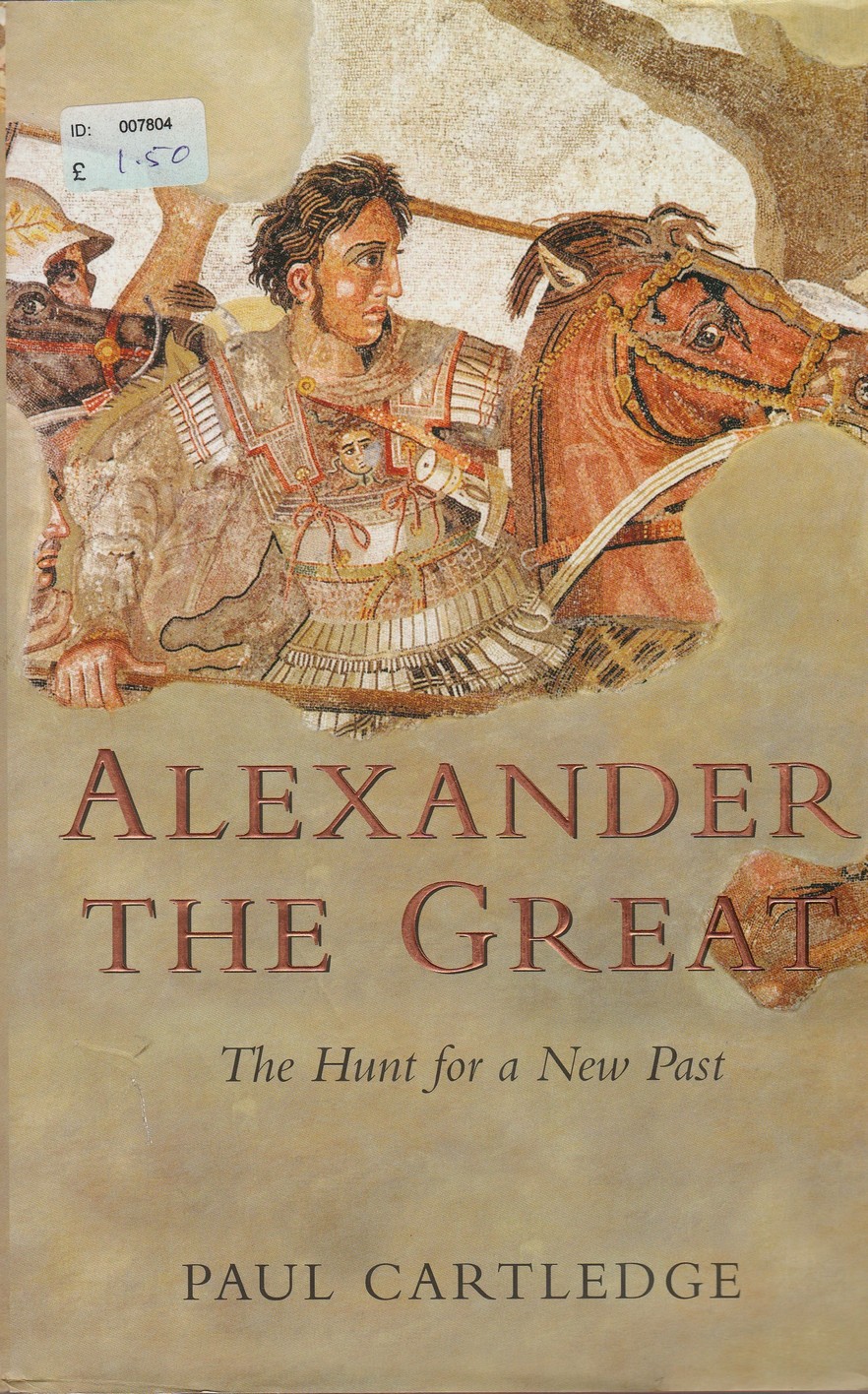
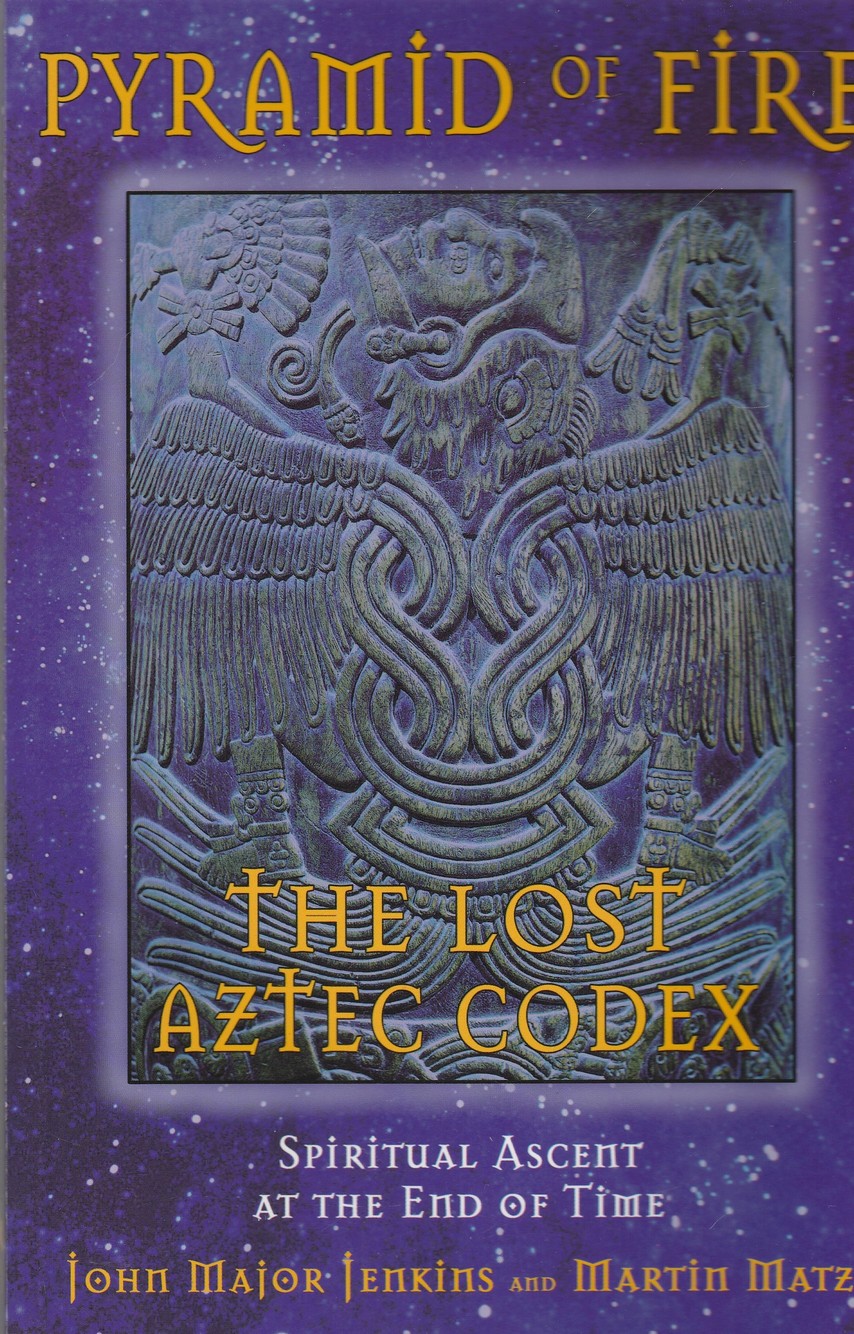
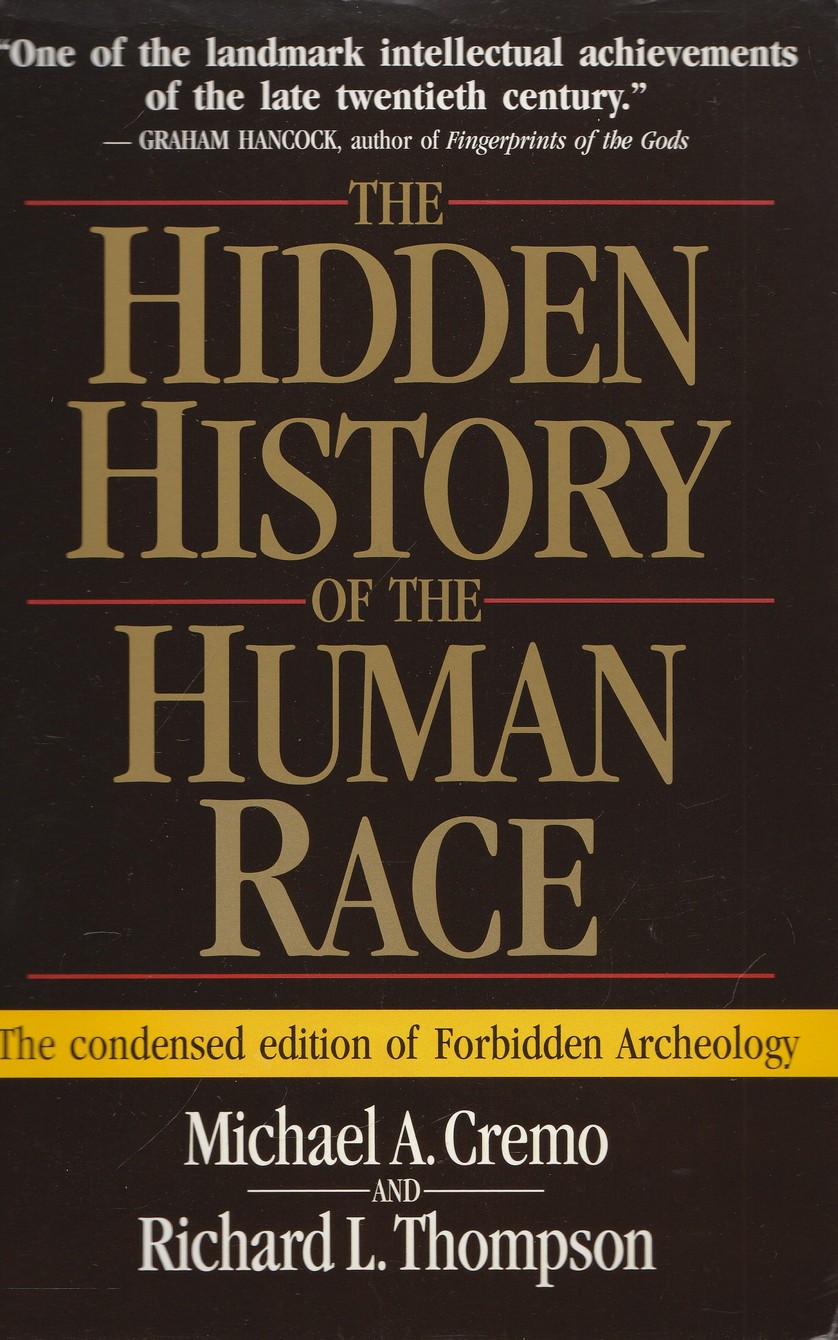
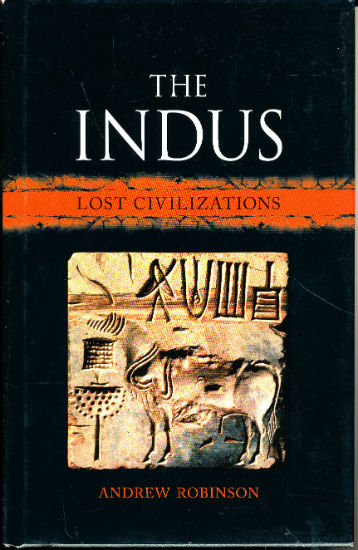
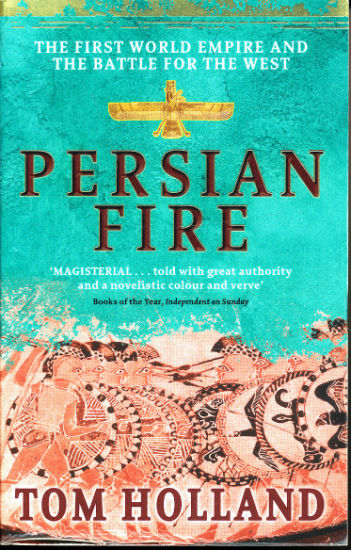





Ülevaated
Pole ühtegi ülevaadet.